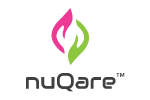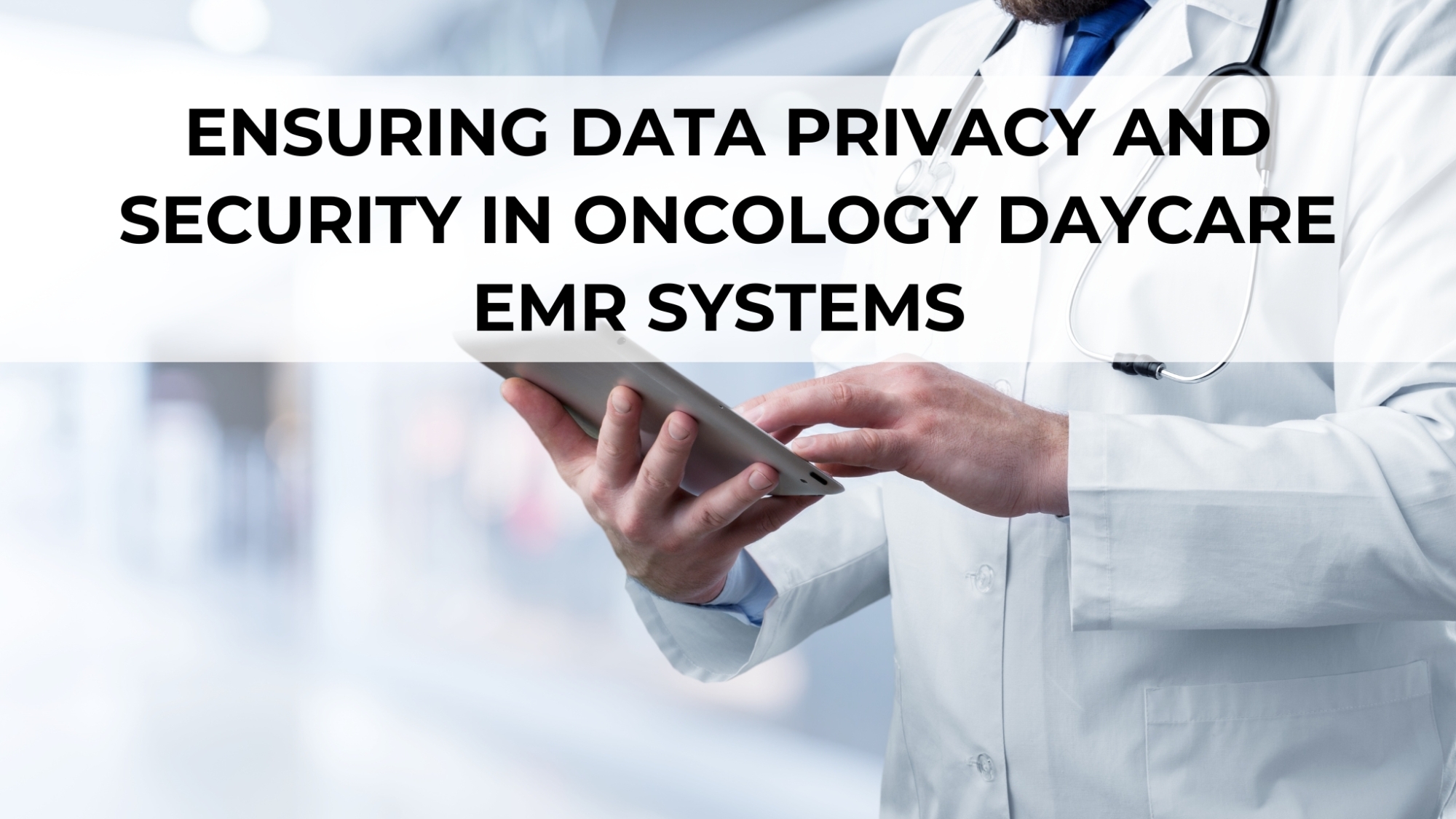Oncology daycare centers rely on Electronic Medical Records (EMR) systems to manage patient information, treatment plans, and communication. However, with this convenience comes a critical responsibility: ensuring the utmost data privacy and security for patients battling cancer. Here, we explore the importance of robust safeguards in oncology daycare EMR systems and practical steps to achieve them:
Why Data Privacy and Security Matter in Oncology Daycare:
- Sensitive Patient Information: Oncology daycare EMRs house highly sensitive data, including diagnoses, treatment details, and personal information.
- Breach Risks and Consequences: A data breach can expose this sensitive information, leading to severe consequences for patients, including identity theft, insurance fraud, and emotional distress.
- Regulatory Compliance: Healthcare institutions must adhere to strict regulations like HIPAA (Health Insurance Portability and Accountability Act) to safeguard patient data.
Building a Secure Foundation for Oncology Daycare EMRs:
- Encryption: Implement robust data encryption at rest and in transit, rendering patient information unreadable even in case of a breach.
- Access Controls: Establish a system of user authentication and access controls to restrict access to patient data only to authorized personnel with a legitimate need.
- Audit Trails: Maintain comprehensive audit trails to track all user activity within the EMR system, ensuring accountability and facilitating breach detection.
- Regular Security Assessments: Conduct regular security assessments and penetration testing to identify vulnerabilities in the EMR system and address them promptly.
Protecting Patient Privacy in Oncology Daycare EMRs:
- Patient Consent: Clearly communicate how patient data is collected, stored, and used, obtaining informed consent before utilizing it for any purpose beyond treatment.
- Data Minimization: Collect and store only the minimum amount of patient data necessary for providing optimal care.
- Patient Portal Security: Secure patient portals with strong password protection, multi-factor authentication, and regular security updates.
- Staff Training: Educate staff on data privacy and security best practices, including proper data handling procedures and identifying potential phishing attempts.
Building Trust and Transparency:
- Clear Privacy Policy: Develop and maintain a clear and accessible privacy policy outlining how patient data is protected within the EMR system.
- Patient Communication: Communicate data breach incidents transparently and promptly, informing patients about the potential risks and the steps taken to rectify the situation.
Conclusion:
Data privacy and security are not optional considerations in oncology daycare EMR systems. By prioritizing robust safeguards, healthcare providers can build trust with patients, ensure regulatory compliance, and focus on delivering the best possible cancer care. Remember, continuous monitoring, adaptation, and staff training are crucial for maintaining a strong security posture in the ever-evolving digital healthcare landscape.


